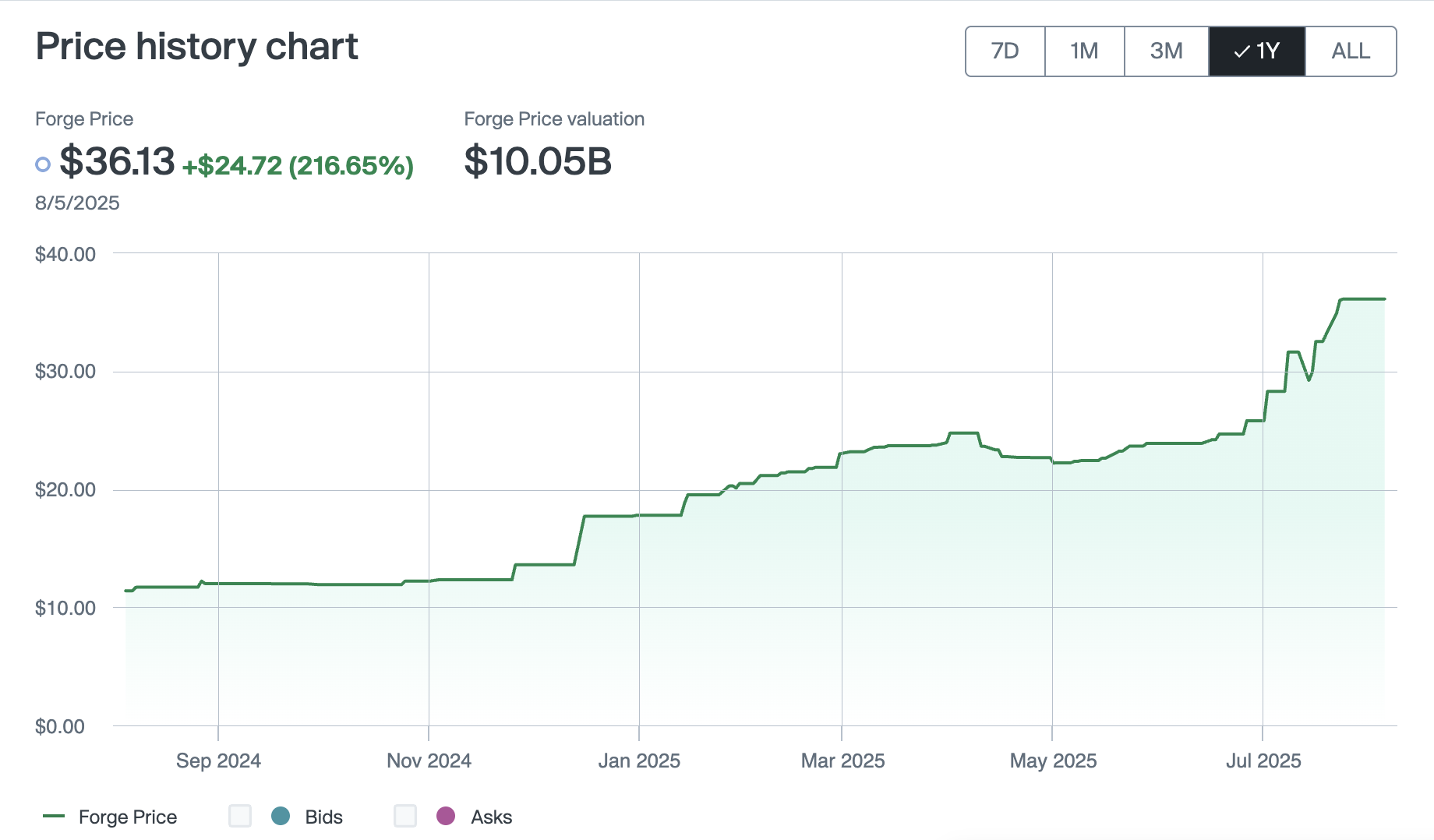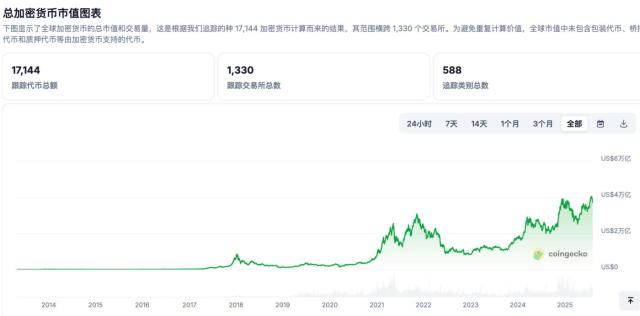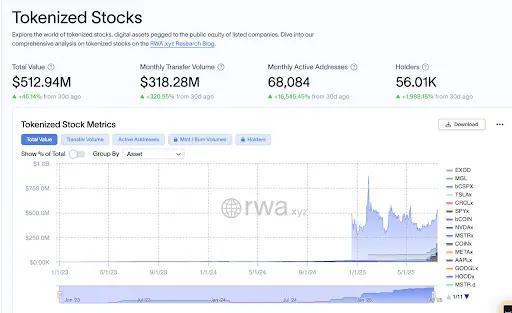Written by: Yanz, Liam
In July 2025, the crypto market reignited the bull market flame.
Unlike previous bull markets, crypto assets such as Bitcoin began to deeply integrate with US stocks in this cycle. While everyone's attention was focused on Robinhood's stock tokenization, a long-silent old-brand crypto exchange was quietly opening the door to the capital market.
This exchange is called Kraken.
Once known as the "big brother of the crypto world", it was safe and steady, but had long been overshadowed by giants Coinbase and Binance. In the Chinese community, it was long labeled as a "safe withdrawal channel" and had been so low-key that it was almost forgotten.
Now, things have changed.
In the Kaiko global spot exchange comprehensive scoring for the second quarter of 2025, Kraken ranked second with 89 points, just behind Coinbase; its quarterly revenue grew 18% year-on-year, with trading volume reaching $186.8 billion; it launched Layer 2 network Ink, stock tokenization platform xStocks, and acquired NinjaTrader... The dormant sea monster suddenly turns over, causing a shock on Wall Street.
By the end of July, Kraken was preparing for its final round of financing with a valuation of $15 billion, preparing for an IPO in 2026.
From "the honest man in the geek circle" to "the next crypto unicorn", there was a long internal struggle. Kraken's story is a 14-year transformation journey.
[The rest of the translation follows the same professional and accurate approach, maintaining the specific terminology translations as instructed.]Former CEO and co-founder Jesse Powell caused internal dissatisfaction and team turmoil due to his strong libertarian cultural philosophy conflicting with team values. Former CMO Matt Mason resigned suddenly in February 2020 after just one year, leaving the position vacant for 2 years; the product manager position saw three changes in four years; since 2021, the Chief Business Officer position remained unfilled and was eventually eliminated...
With continuous high-level management vacancies and team division, founder Powell chose to step down as CEO in 2022 and transition to Chairman of the Board.
This change was both a power transfer and a deep reflection on company culture.
From then on, Kraken embarked on a transformation path.
In the same year, Mayur Gupta joined as CMO, for the first time reshaping Kraken's image through global brand marketing, with sports sponsorship, Non-Fungible Token collections, and content-driven communication allowing this "tech-geek exchange" to dialogue with Generation Z for the first time.
The marketing strategies he led were later market-recognized and listed by Business Insider as one of the "Most Innovative CMOs of 2024".
A more significant business change occurred in late 2024, when Tribe Capital co-founder Arjun Sethi joined Kraken as Co-CEO.
Notably, Tribe Capital is Kraken's second-largest institutional investor, with founder Arjun Sethi joining Kraken's board in 2020, which was seen as a shareholder self-rescue.
Sethi, from Silicon Valley VC, believes Kraken must undergo an identity upgrade, with only one key phrase—"breaking boundaries".
Transforming from a single crypto exchange to a global digital financial platform.
Under Sethi's leadership, Kraken launched a stock tokenization trading platform xStocks; acquired NinjaTrader, expanding derivatives and futures trading...
Sethi stated, "We remain open to more acquisitions in the future".
The Co-CEO believes a promising new area for digital assets is corporate financial management, "Many public and private companies are exploring holding cryptocurrencies".
Today's Kraken has emerged from past internal conflicts, no longer a silent siren. It has a new voice, new brand, and new story.
It is no longer satisfied with being a crypto safe haven but aims to build a bridge across crypto assets and traditional finance, and even become a core participant in the global asset tokenization wave.
This 14-year-old veteran exchange is now charging towards the IPO stage with a completely new posture.
Towards IPO
In late July 2025, according to The Information, Kraken is raising $500 million with a $15 billion valuation, a 36% increase from the approximately $11 billion valuation in 2022.
According to data from off-exchange equity trading platform Forge, Kraken's off-market stock quotation has risen over 2 times in the past year, with the current valuation exceeding $10 billion.

This financing is widely seen as the final sprint before IPO, with Kraken expected to enter the capital market as early as the first quarter of 2026.
For Kraken, this is an excellent policy window.
In March 2025, the US SEC withdrew its lawsuit against Kraken for securities violations; in June of the same year, Kraken obtained the EU Crypto Asset Market (MiCA) license, achieving full compliance in the EU.
This is inseparable from Trump's friendly policies towards the crypto industry and Kraken founder's early bet on Trump.
In June 2024, Kraken co-founder Jesse Powell personally donated crypto assets worth $1 million to Trump, mostly ETH. After Trump launched the MEME coin TRUMP, Kraken became the first US crypto exchange to list the TRUMP token.
Beyond policy support, Kraken has also demonstrated strong momentum in business operations and financial data.
From a business perspective, Kraken's revenue structure is diverse and continuously enriching, mainly including trading fees, Staking rewards, leverage and derivatives services, asset custody, OTC matching, and institutional customized tools, with trading fees being the core.
In 2024, Kraken achieved $1.5 billion in revenue, with quarterly revenues of $472 million and $412 million in the first half of 2025, representing year-on-year growth of 19% and 18% respectively. Adjusted EBITDA reached $187 million and $80 million respectively.
In the second quarter of 2025, Kraken's total trading volume reached $186.8 billion, a 19% year-on-year increase; platform-managed assets of $43.2 billion, a 47% year-on-year growth; total customer base exceeding 15 million, supporting 200+ digital assets and 6 national currencies.
Compared to Coinbase, Kraken's current daily trading volume is about $1.37 billion, approximately half of Coinbase's. However, Kraken is forging an independent path through differentiated business narratives.
At the forefront is stock tokenization.
Kraken is one of the biggest proponents of stock tokenization. On the xStocks platform launched in collaboration with Backed Finance, over 60 stock tokens including Apple, Tesla, and NVIDIA have been listed, opening a new entry for non-US investors to purchase US listed company stocks, tradable 24/7. Users can also use xStocks for DeFi collateral, liquidity pools, and smart contract calls, achievements beyond traditional securities trading.
Kraken's future identity will no longer be limited to an exchange but more likely evolve into a "Kraken Bank".
As early as September 2020, Kraken became the first digital asset company to obtain a Special Purpose Depository Institution (SPDI) banking license in Wyoming. This means Kraken can provide digital asset custody, USD deposit accounts, and 24/7 settlement services like traditional banks, but must adopt a full reserve system to avoid risks associated with fractional reserves.
In the future, Kraken officially plans to launch broader financial products, including debit cards for institutions and individuals, mobile banking products connecting crypto wallets, wealth management, and payment solutions.
Its official announcements consistently emphasize building a bridge between the future crypto economy and existing financial systems. This echoes Jesse's words when Kraken was first established: for cryptocurrencies to enter the mainstream market, they need a truly serious player—one who can operate steadily, collaborate with regulatory and law enforcement agencies, explain cryptocurrencies to banks, and construct a bridge from traditional systems to the crypto world.






